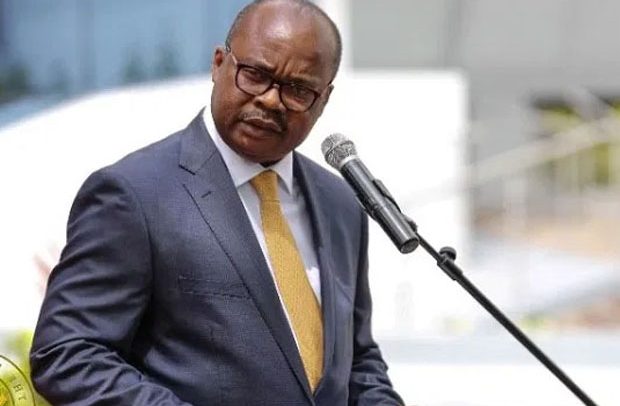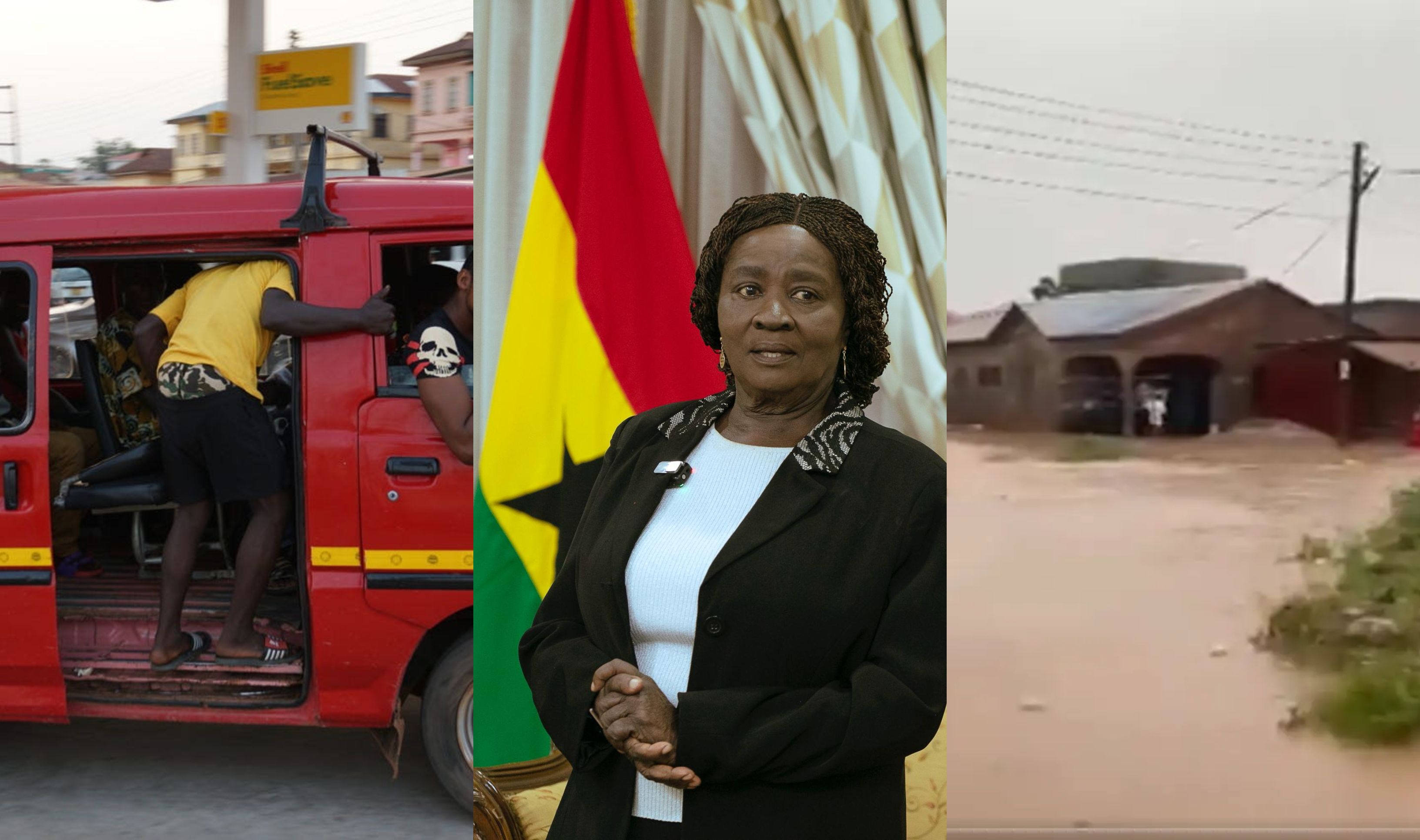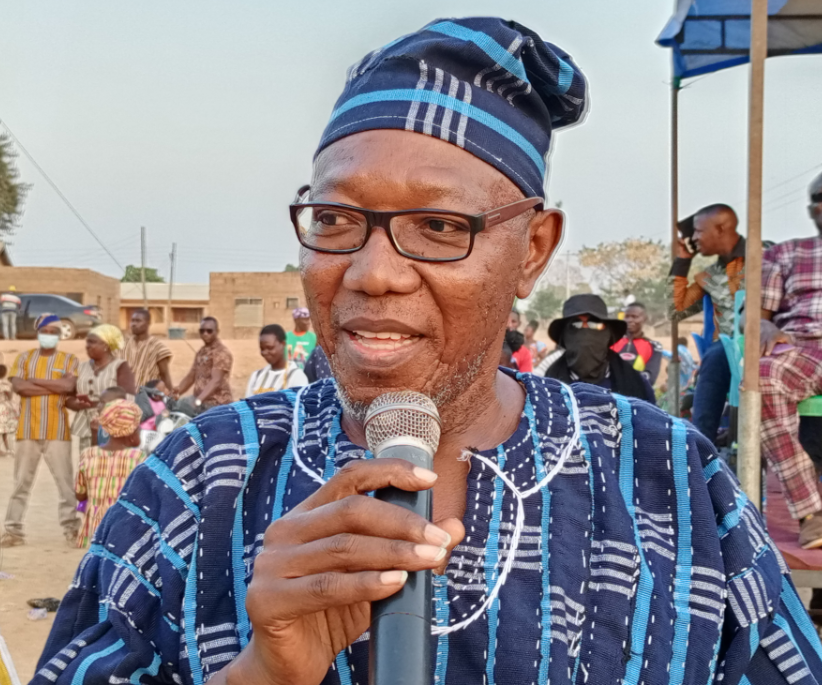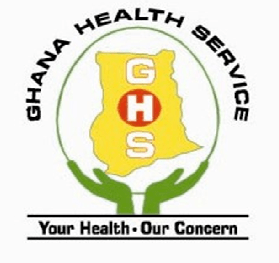
By Joshua Worlasi AMLANU
The economy is showing signs of a robust turnaround as both consumer and business confidence indices surged to their highest levels in seven years, buoyed by sustained disinflation, a strengthening local currency and improved GDP growth indicators.
The renewed optimism underscores growing market trust in the country’s economic management and reform trajectory.
At the close of the 124th Monetary Policy Committee (MPC) meeting, Bank of Ghana Governor Dr. Johnson Pandit Asiama said that the composite index of economic activity, a composite measure of high-frequency economic activity, rose 2.3 percent year-on-year in March 2025, more than doubling the growth rate recorded a year earlier.
Improvements in new orders and production volumes pushed the index above the neutral 50 benchmark, signaling expansion across key sectors.
Headline inflation has dropped to 21.2 percent in April, down from 23.8 percent in January. The steady decline—driven by moderating food and non-food prices—helped lift economic sentiment and supported a broader narrative of recovery.
“Based on easing inflationary pressures and optimism about macroeconomic conditions, the latest confidence surveys showed significant improvement,” Dr. Asiama said. “These are the highest levels recorded since 2018.”
This resurgence comes as the cedi posted one of its strongest performances in recent memory. The local currency has appreciated by 24.1 percent against the U.S. dollar since the start of the year, with gains of 16.2 percent and 14.1 percent against the pound and euro, respectively. The cedi’s appreciation has been bolstered by a combination of tighter monetary policy, strict foreign exchange market supervision, and record levels of international reserves.
As of April 2025, gross international reserves stood at US$10.7 billion, equivalent to 4.7 months of import cover—a notable recovery from levels seen during the 2022 balance of payments crisis. This reserve buildup was supported by a US$2.1 billion current account surplus in Q1 2025, underpinned by rising gold and copper exports and resilient remittance flows.
“The external sector outlook remains favourable,” said Dr. Asiama, highlighting expectations of sustained commodity exports and continued remittance inflows as drivers of reserve stability.
On the fiscal front, the government has stuck closely to its 2025 budget framework. Although revenue underperformed in the first quarter, expenditure rationalization measures helped contain the fiscal gap. Provisional data showed the primary fiscal balance improved on a commitment basis, reinforcing investor confidence in Ghana’s fiscal trajectory.
Public debt also showed signs of moderation. By the end of March, the debt stock stood at GH¢769.4 billion, or 55 percent of GDP, down from 61.8 percent in December 2024. Analysts interpret the drop as a direct outcome of ongoing fiscal consolidation and exchange rate gains.
“The tightening of fiscal and monetary policies has started yielding the intended effects,” said an Accra-based economist who asked not to be named. “What we are seeing now is a virtuous cycle: a stable currency eases inflation, which in turn reinforces business sentiment and helps growth.”
The Bank of Ghana, however, chose to maintain its benchmark policy rate at 28 percent in a unanimous decision by the MPC. While acknowledging progress in inflation moderation, the committee noted that inflation remains high relative to the medium-term target and thus warrants a continued tight policy stance.
The post Consumer, business confidence hit 7-year appeared first on The Business & Financial Times.
Read Full Story
















Facebook
Twitter
Pinterest
Instagram
Google+
YouTube
LinkedIn
RSS